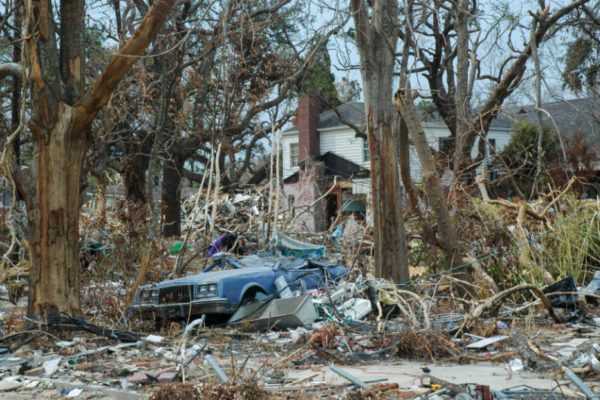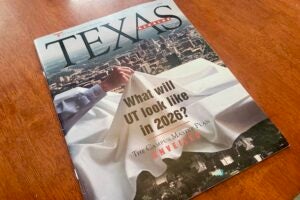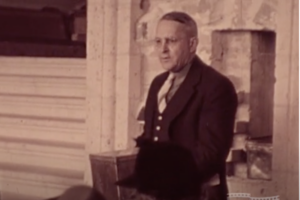Author and educator Stephen Covey famously observed that highly effective people share a set of habits. Amid the wreckage of one of the costliest hurricane seasons on record, we can borrow that idea, drawing lessons from the aftermaths of 9/11 and Hurricane Katrina — two of the greatest humanitarian crises in modern U.S. history — to create a guide to the habits of highly effective disaster recovery.
Habit 1: Acknowledge everyone’s suffering.
We must recognize that we are all in this together, and all require healing — ourselves included.
Habit 2: Support democracy-in-diaspora.
Disasters often create divides that are physicially difficult to overcome at a time when we most need to work together. Radio, newspapers and social media should be used to ensure people can stay in touch with local government, community organizations and their neighbors. We should expect the democratic institutions and individuals that represent us — city council, county officials, state representatives and Congress — to ensure that we keep people informed and heard.
Habit 3: Champion excellent medical care for all.
After the duress of the disaster and, too often, a long wait for rescue, people need all kinds of care: medical, psychiatric, rehabilitative. Those who support special legislation to extend health coverage to all those affected by disaster should tell their elected officials to support it as well.
Habit 4: Support families as they re-establish themselves.
Disasters disrupt family life, and many of those affected need supplies — particularly as the holidays approach. In addition to clothes, toys and money, those who have been affected by previous disasters should think about sharing their own family’s stories of survival in hard times, offering hope in addition to help.
Habit 5: Help ensure that everyone gets to return home.
After a disaster, it is crucial that we protect homeownership. It should be as easy for the poor to return to their homes as the rich. Everyone has a responsibility to know their neighbors and to let their elected officials know who lives in the communities around them. It is essential that lawmakers use this information to inform efforts to rebuild, so that recovery doesn’t become an opportunity for gentrification.
Habit 6: Advocate for ecological cities — beautiful, sustainable and human-sized.
We can protect Texas, Florida, Puerto Rico, the U.S. Virgin Islands and places like them from future harm by creating schools of the future, small and substantially equipped; an electric grid that is resilient and uses renewable energy sources; and communities that prioritize affordable, appropriately sized housing. Individuals should ask their houses of worship or favorite community organizations to invite speakers to talk about sustainable cities. This helps people to acquire the knowledge to advocate for smarter communities.
Habit 7: Ensure that local companies and workers lead the effort to rebuild.
Construction is eventually a part of any recovery. Local companies — and local workers — are the ones who should rebuild in affected areas, and all of them deserve a living wage. We should tell our leaders that blank checks to large corporations are not the right way to restore economic health, and we should demand that all workers’ pay is in accordance with local standards.
Habit 8: Celebrate affected areas’ histories and cultures.
Texas, Florida, Puerto Rico and the U.S. Virgin Islands have rich histories and play host to festivals that honor their diverse heritages. Post-disaster, we must all remain mindful of others’ burdens and work alongside friends, neighbors and co-workers to crowdsource ideas for appropriate celebration amid recovery.
Habit 9: Be generous.
Americans love justice, but sometimes it’s a virtue that can lead us astray. We start to worry about looters when we should be rescuing grandmothers. We forget that the money to support people is the smallest part of the billions we spend rebuilding cities.
We all should remember that the recovery of disaster areas is essential for the country’s economic health. Most importantly, we must bear in mind that we’re all human, and we’re all in this together.
Lourdes Rodríguez is director of the Center for Place-Based Initiatives and an associate professor of population health in Dell Medical School at The University of Texas at Austin. Mindy Fullilove is a professor of urban policy and health at The New School in New York City.
A version of this op-ed appeared in the Houston Chronicle, Fort Worth Star Telegram, Abilene Reporter News, and the Waco Tribune Herald.
To view more op-eds from Texas Perspectives, click here.
Like us on Facebook.




